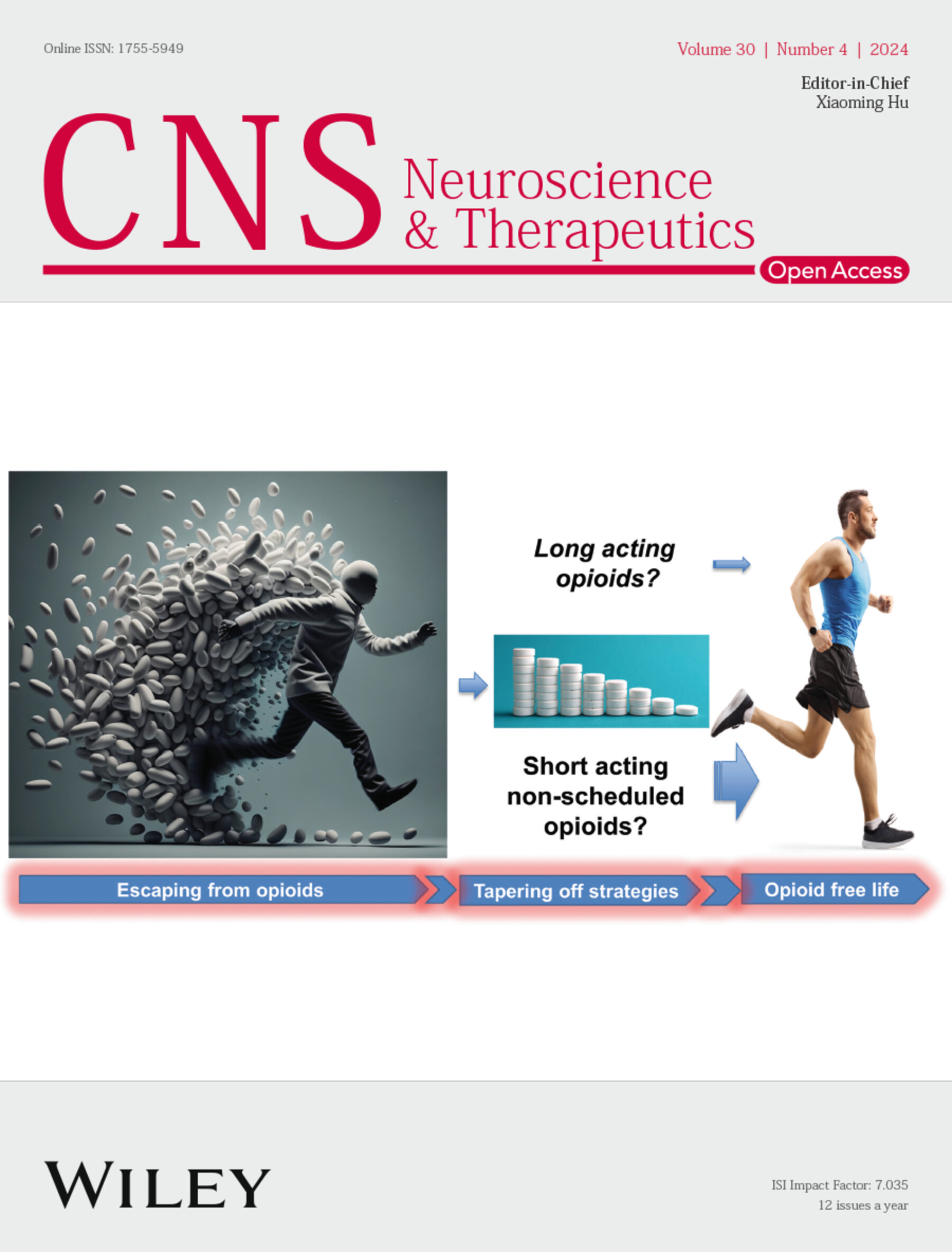Cognitive Sequelae of COVID-19: Mechanistic Insights and Therapeutic Approaches
Abstract
Background
The COVID-19 pandemic has left an indelible mark on the world, with mounting evidence suggesting that it not only posed acute challenges to global healthcare systems but has also unveiled a complex array of long-term consequences, particularly cognitive impairment (CI). As the persistence of post-COVID-19 neurological syndrome could evolve into the next public health crisis, it is imperative to gain a better understanding of the intricate pathophysiology of CI in COVID-19 patients and viable treatment strategies.
Methods
This comprehensive review explores the pathophysiology and management of cognitive impairment across the phases of COVID-19, from acute infection to Long-COVID, by synthesizing findings from clinical, preclinical, and mechanistic studies to identify key contributors to CI, as well as current therapeutic approaches.
Results
Key mechanisms contributing to CI include persistent neuroinflammation, cerebrovascular complications, direct neuronal injury, activation of the kynurenine pathway, and psychological distress. Both pharmacological interventions, such as anti-inflammatory therapies and agents targeting neuroinflammatory pathways, and non-pharmacological strategies, including cognitive rehabilitation, show promise in addressing these challenges. Although much of the current evidence is derived from preclinical and animal studies, these findings provide foundational insights into potential treatment approaches.
Conclusion
By synthesizing current knowledge, this review highlights the importance of addressing COVID-19-related cognitive impairment and offers actionable insights for mitigation and recovery as the global community continues to grapple with the pandemic's long-term impact.


 求助内容:
求助内容: 应助结果提醒方式:
应助结果提醒方式:


